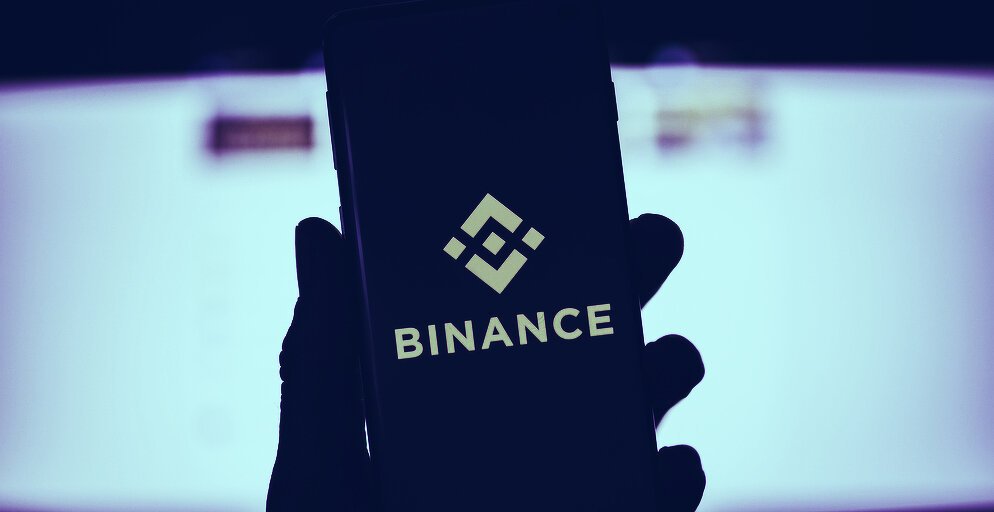Binance, the world’s top exchange by trading volume, is feeling the heat from regulators.
In an effort to cool down, it announced changes that help it better comply with local regulations, including more restrictions on customers who haven’t completed all steps of its user verification process.
As of today, new users on the exchange will be limited to daily withdrawals of 0.06 Bitcoin, or the equivalent of roughly $2,000, if they have only completed the platform’s Basic Account Verification. The previous limit was 2 BTC per day, or roughly $70,000 at today’s prices.
We’re enhancing our KYC efforts to further our leadership in this area.
Daily withdrawal limits will be adjusted from 2 BTC to 0.06 BTC (roughly ~$2,000 USD) for accounts who have only passed Basic account verification.https://t.co/gdim6HdLhU
— CZ
Binance (@cz_binance) July 27, 2021
New users will begin facing the restrictions starting between August 4 and August 23. Those who complete all the verification steps can withdraw as much as 100 BTC.
Binance uses three levels of user verification. The Basic level asks for name, nationality, date of birth, and address. It allows people to quickly get trading crypto for other crypto, as well as deposit funds, and withdraw crypto—as well as a very small amount of fiat, $300 for the life of the account.
The Intermediate level asks for identification and photos to substantiate some of the information one provided, while Advanced Verification also requires a proof of address in the form of a utility bill or bank statement.
Taken together, these levels constitute the exchange’s KYC, or know your customer, process. KYC is a requirement for financial institutions—it aims to prevent criminals from laundering money or stop those on a sanctions list from accessing funds.
Binance has said before that it would beef up KYC. In 2019, it partnered with regulatory-tech company IdentityMind to automate its KYC and anti-money laundering processes. It had previously partnered with Refinitiv in 2018 on a similar process.
Those moves were ways of combating Binance’s reputation for making it too easy for traders to skirt the rules by providing phony information. The more restrictive withdrawal limits may have the added effect of corralling people into a more intensive KYC process and give up some of their anonymity, provided they were trading under a different identity.
Binance has been in the news for mostly the wrong reasons over recent months, with its planned Binance Markets Limited, a UK trading service, drawing a customer service warning from the country’s securities regulator, the Financial Conduct Authority. Japan’s Financial Services Agency warned in June that the exchange was operating there without being registered. And Italy’s securities regulator said earlier this month that Binance is “not authorized to provide investment services and activities” in the European country.
Binance CEO Changpeng Zhao, better known as CZ, indicated the company is working to get on top of this, stating, “Binance is ready to assist regulators from around the world and together find the optimal way to set a fair playing field—consumer protection is important to all of us.”
He added that the company is looking to hire “leadership with regulatory and compliance experience.”




















